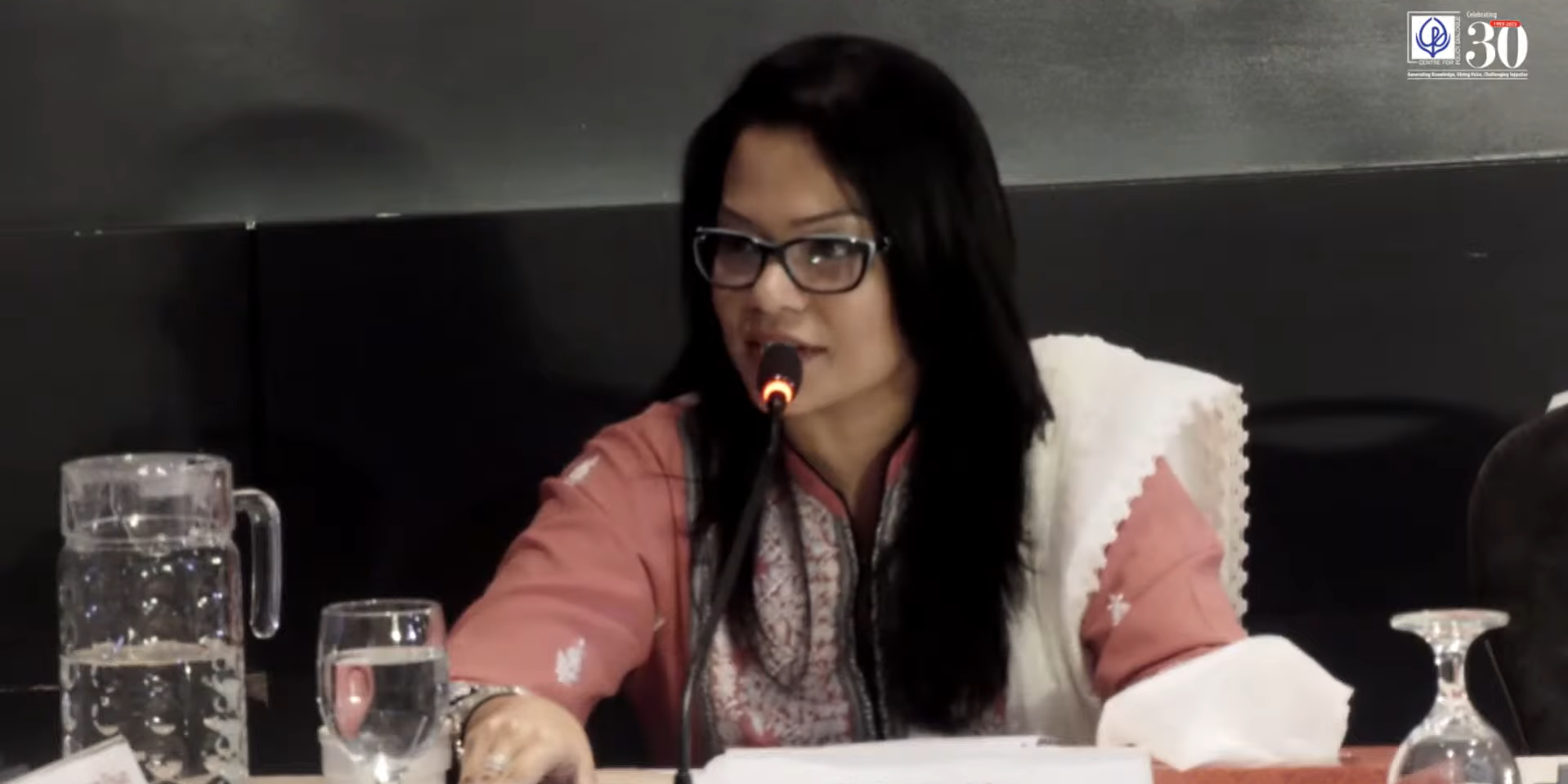
- The ease of doing business in Bangladesh: Opening a new business in Bangladesh requires 170 documents, compared to 23 in Cambodia, 20 in Indonesia, and 21 in Vietnam. So right now, in light of the US elections, there’s a tremendous amount of interest for investors to move out of China and set up manufacturing bases in Bangladesh. However, the primary deterrent to this will be the stifling red tape of permits and licenses that we currently face.
- The speed to market factor: due to port limitations and inefficiencies within the Port Authority, shipping lead times reached to 40-55 days for Bangladesh through the Chattogram Port, compared to 25-30 days for countries like Vietnam, Cambodia, and China. Additionally, Bangladesh’s manufacturing turnaround time is significantly longer than in Vietnam, with a standard turnaround time of 90 days. Furthermore, the standard manufacturing turnaround time in Bangladesh is 90 days which is 40-45 days in Vietnam. In addition to remediation of the port operations in Chattogram, we should also focus on making the infrastructures we currently have, like the Mongla port, functional because the speed-to-market will be a transformative factor for Bangladeshi manufacturers and exporters in international business.
- Attracting Foreign Direct Investment (FDI): a simple baseline indicator that a foreign investor considers before investing is the ease of repatriating their capital. This Baseline reassurance needs to exist in our business ecosystem if we are to project ourselves as an economy that is vying for FDI. Moreover, the one-stop services that have been promised to foreign investors need to be rolled out and the communication regarding these services needs to be very clear so that in the international arena, a strong business case can be made for Bangladesh as a feasible recipient of FDI.
- Equal policy support to all export sectors for product diversification in export basket: A country with an export value of 55.79 billion dollars out of which 47.38 billion is RMG dependent is extremely vulnerable to external and economic shocks. In a country of roughly 170 million people where our demographic dividend is one of our core strengths, we have to harness this potential and branch out into labor-intensive manufacturing sectors which will provide gainful employment for our youth. This can be possible if we take significant steps to scale up the production capacity and to encourage investments in our other manufacturing sectors such as pharmaceuticals, light engineering, footwear accessories, plastics, etc.
Source: Center for Policy Dialogue (CPD)



